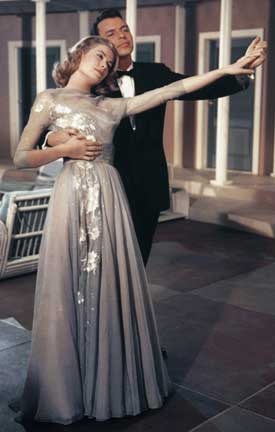Could I mention Arnold Schwarzenegger being big in the 90s and not doing much in this decade?
Arnold Schwarzenegger


That may be more of a toss-up between the 80's, and 90's. Although
Terminator 2: Judgment Day (1991),
True Lies (1994),and possibly
Total Recall (1990) were really popular movies in the 90's, In the 80's he had
Conan the Barbarian (1982),
The Terminator (1984),
Predator (1987), and possibly
The Running Man (1987). I can't swear how popular all of these films were, or some of his others, for that matter, but it is a pretty even split. Also, I like more of his films than I have listed, but as far as ratings go, I don't believe the others did anywhere near as good.
Kathleen Turner




In my opinion, the 80's were her best. From what I have seen, her best films were
Body Heat (1981), The Man with Two Brains (1983), Romancing the Stone (1984), The Accidental Tourist (1988), and
The War of the Roses (1989). These are all great movies.
I have never had the desire to watch
Peggy Sue Got Married (1986). I'm not even sure how popular it was/is.
The Jewel of the Nile (1985) is watchable, in my opinion, but no where near as good as
Romancing the Stone. I haven't watched
Prizzi's Honor (1985) in forever. If memory serves, it was decent enough, but the simple fact that I haven't re-watched it, in over 10 years, says something. Maybe I will watch it again this weekend, before I say for sure. I've never heard of these next 3 films.
A Breed Apart (1984), in all honesty, sounds a little boring. That's a shame, too, because it also stars
Rutger Hauer,
Donald Pleasance, and
Powers Boothe. As we all know, just because you love the cast, doesn't mean the movie will be any good. I may still give it a try though, because of the cast.
Crimes of Passion (1984) also sounds rather boring. It may be a little odd, watching
Anthony Perkins playing a Reverend. I'm not too sure that I can get past picturing Norman Bates when it comes to him.
Giulia e Giulia (1987), on the other hand, sounds as though it may be good. It is starring
Gabriel Byrne, who is a favorite of mine. It is also co-starring
Sting, who is not a favorite . . . Now, for
Switching Channels (1988). This movie cover is driving me crazy . . .

I know I have at least seen this cover, but I can't remember watching it. I can't imagine forgetting it, if I have seen it, with it also starring
Christopher Reeve,
Burt Reynolds, and
Ned Beatty. Maybe it was so damn bad, I have forced myself to forget. If any of you have seen this one, share your opinion. It is driving me crazy.
Now, although I swear that her best work is in the 80's, even with a few that were not so hot, and a few others that I have yet to see, I will bring notice to two of her films from the 90's.
V.I. Warshawski (1991), and
Serial Mom (1994), are two other favorites of mine. I really enjoyed both. As far as the other's that she has made since the 80's, I will admit that I haven't seen many, but that was usually by choice, after viewing the trailers. All in all, in my opinion, the 80's were her best.
p.s. I am rushing. Ignore the mess.











































